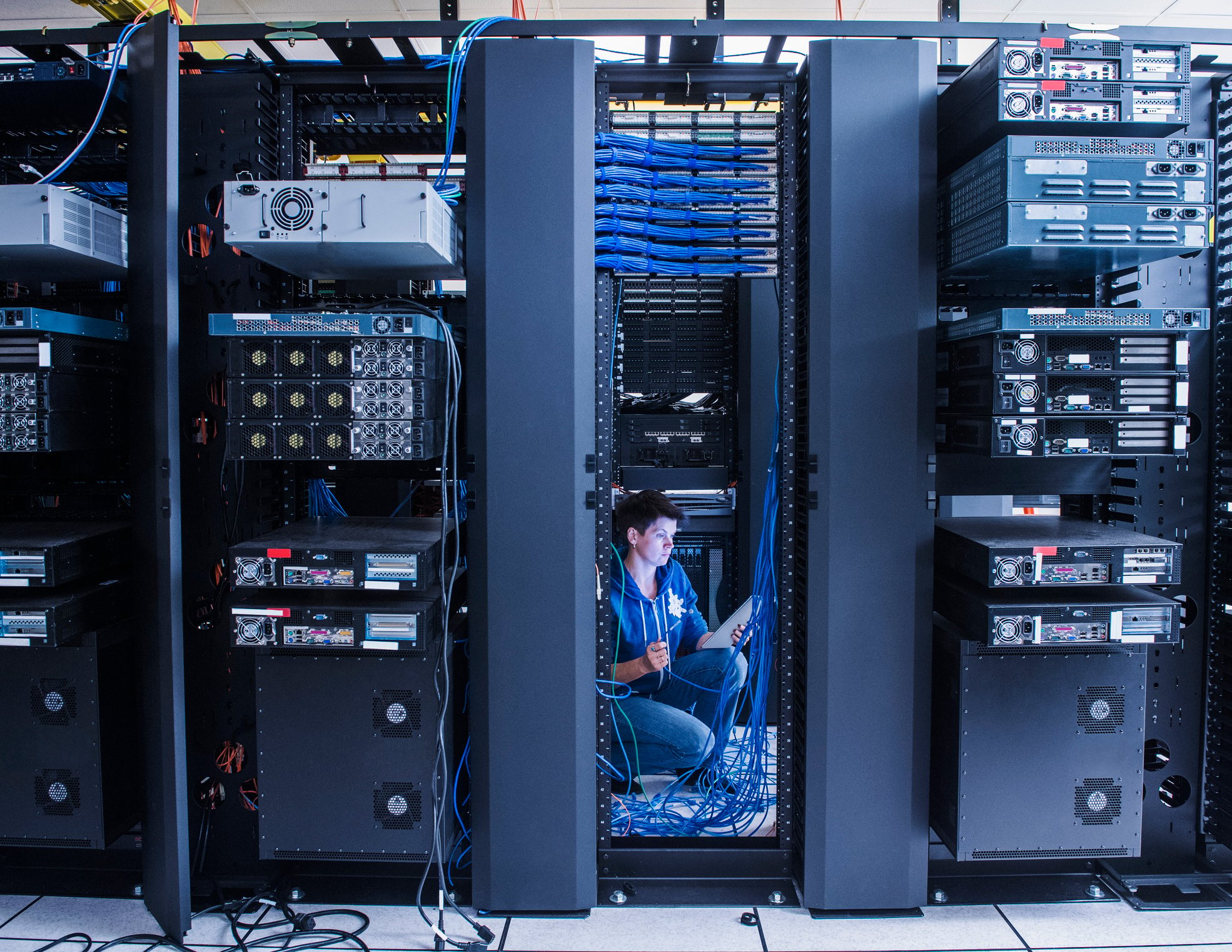There aren't too many investors with better track records than Stanley Druckenmiller. Over a 30-year period, which included 12 years working as a portfolio manager for George Soros at the Quant Fund, Druckenmiller generated average annual returns of 30%, according to Hedge Fund Alpha.
Today, Druckenmiller is still investing his own money through his family's fund, Duquesne Capital Management. In the first quarter of the year, Druckenmiller slashed his position in the electric-car maker Tesla (TSLA +0.04%) by about 50% and more than quadrupled his stake in another artificial intelligence (AI) stock up 2,800% since its initial public offering (IPO).
Druckenmiller usually pays attention to valuation
Filings from the Securities and Exchange Commission show that Duquesne lowered its stake in Tesla by about 50% and now holds about 18.8 million shares. Following President Donald Trump's election victory in November, shares of Tesla rocketed higher as investors believed the stock would benefit from CEO Elon Musk's close relationship to the president.
However, in the first quarter of the year, most of those gains evaporated, as Tesla's core electric-vehicle (EV) business struggled and investors worried about how Musk's foray into politics might impact the brand.
Druckenmiller is certainly a believer in AI but also remains disciplined on valuation, as his past investments have showed. The legendary investor didn't hesitate to sell the AI chip giant Nvidia when he thought that valuation rose to unsustainable levels.
Tesla always traded at a nosebleed valuation due to Musk's larger-than-life brand and the company's promising future initiatives. These include full-self-driving (FSD) technology and the Optimus robots that will supposedly be able to complete regular household chores.
All eyes are now on an upcoming FSD demonstration in Austin some time in June that could renew investor excitement for the stock. But with the core EV business still struggling, particularly in China, where competitors like BYD have taken significant market share, Tesla needs to keep future initiatives on track to maintain its high valuation.

Image source: Getty Images.
More room to run for this behind-the-scenes AI stock
In the first quarter, Duquesne also more than quadrupled its position in Taiwan Semiconductor (TSM 1.64%), purchasing an additional 491 million of shares in the quarter. Nvidia is viewed as one of the main pick-and-shovel AI plays, given that its chips help power AI applications.
But Taiwan Semiconductor goes a layer deeper and is currently one of the most advanced manufacturers of graphics processing units (GPUs). The company manufactures Nvidia's next-generation Blackwell chips.
Nvidia's CEO Jensen Huang previously called Taiwan Semiconductor the premier chip manufacturer in the world by an "incredible margin." He said if something were to happen to the company or Nvidia wasn't able to partner with them, the company could still produce chips but it would be much more difficult.
"Maybe the process technology is not as great. Maybe we won't be able to get the same level of outperformance or cost, but we will be able to provide the supply," Huang said.

NYSE: TSM
Key Data Points
In the first quarter of the year, Taiwan Semiconductor reported solid earnings ahead of Wall Street consensus estimates, while guiding for revenue growth in the mid-20s percentile in 2025, driven by AI-associated revenue, which the company expects to double this year. This seemed to suggest that tariffs haven't impacted the company yet and that management is still seeing strong AI demand.
Taiwan Semiconductor certainly faces challenges from export restrictions set by the Trump administration on Nvidia and other U.S. chip players that do business in China, but the stock trades at a fairly reasonable forward earnings multiple of 18, which isn't expensive as far as the AI space goes.






